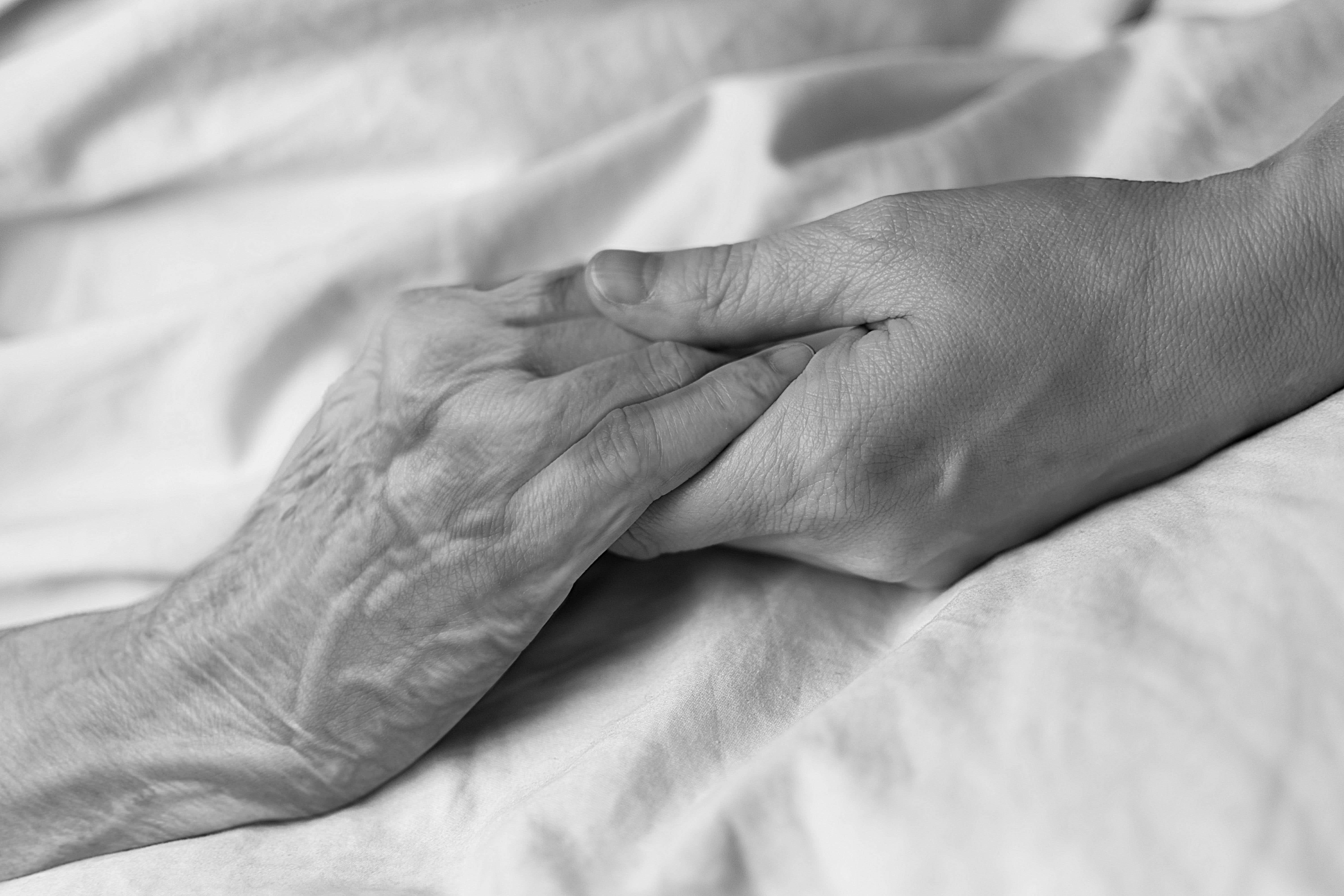Assisted Dying: What is the situation in the UK, Ireland and Crown Dependencies?
Some moves are being made to introduce legislation in Scotland, the Isle of Man and Jersey.

With a Bill being published at the Scottish Parliament, the conversation around assisted dying is becoming louder.
Here, the PA news agency takes a look at the situation as it stands across the UK, Ireland and Crown Dependencies.
– What is assisted dying?
This, and the language used, varies depending on who you ask.
Pro-change campaigners Dignity in Dying state that assisted dying allows a person with a terminal condition the choice to control their death if they decide their suffering is unbearable.
They argue that, along with good care, dying people who are terminally ill and mentally competent adults deserve the choice to control the timing and manner of their death.
But the campaign group Care Not Killing uses the terms “assisted suicide” and “euthanasia” and argues that the focus should be on “promoting more and better palliative care” rather than any law change.
They say legalising assisted dying could “place pressure on vulnerable people to end their lives for fear of being a financial, emotional or care burden upon others” and argue the disabled, elderly, sick or depressed could be especially at risk.
– What is the current law?
Assisted suicide is banned in England, Wales and Northern Ireland, with a maximum prison sentence of 14 years.
In Scotland, it is not a specific criminal offence but assisting the death of someone can leave a person open to being charged with murder or other offences.
– What is happening in Scotland?
Liberal Democrat MSP Liam McArthur was publishing a Bill on Thursday at Holyrood that, if passed, will allow people living in Scotland with a terminal illness to be given help to end their life.
Mr McArthur has said he is “absolutely convinced” the “long-overdue reform” will become law.
His Bill marks the third time MSPs will have considered the issue, with previous attempts to change the law failing to secure enough votes to proceed.
The Bill is now expected to be scrutinised by MSPs on Holyrood’s Health Committee and will likely face its first vote later this year.
– What about other parts of the UK, Ireland and the Crown Dependencies?
Proposals for how an assisted dying law would work in Jersey – one of the UK’s three self-governing Crown Dependencies – were published in March, with a debate in the States Assembly planned for May, and a vote then expected on whether to proceed with drawing up legislation.
The earliest for a law to come into effect in Jersey would be spring or summer 2027.
The Isle of Man published a committee report in March on its Assisted Dying Bill, which had passed a second reading vote in the island’s parliament in October.
The report, which suggested possible amendments to the text of the Bill, is expected to be debated in April.
In the Republic of Ireland, a committee recommended in March that legislation allowing for assisted dying in certain restricted circumstances should be introduced.
But it led to a split with some committee members refusing to support the recommendations, arguing the case for assisted dying “has not been established”.
– What has Westminster said?
In February, a report by MPs on the Health and Social Care Committee warned that the Government must consider what to do if the law is changed in part of the UK or on the Isle of Man or Jersey, both of which are crown dependencies.
The committee – which did not make any recommendation for a vote on the issue, said legalisation in at least one jurisdiction is looking “increasingly likely” and suggested the Government must be “actively involved” in discussions about how to approach differences in the law.
Sir Keir Starmer has said he is “committed” to allowing a vote on legalising assisted dying should Labour win the general election, while Downing Street has previously said it would be up to Parliament whether to again debate legalising assisted dying.
– Has the issue been debated in the UK Parliament before?
Yes. An Assisted Dying Bill, which would have allowed some terminally ill adults to ask for medical help to end their life, went before the Commons in 2015 and was rejected by MPs.
There was also a Bill proposed in the House of Lords during the 2021/2022 session which reached a second reading in the chamber.
Bookmark popover
Removed from bookmarks